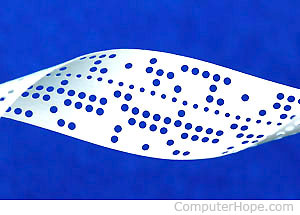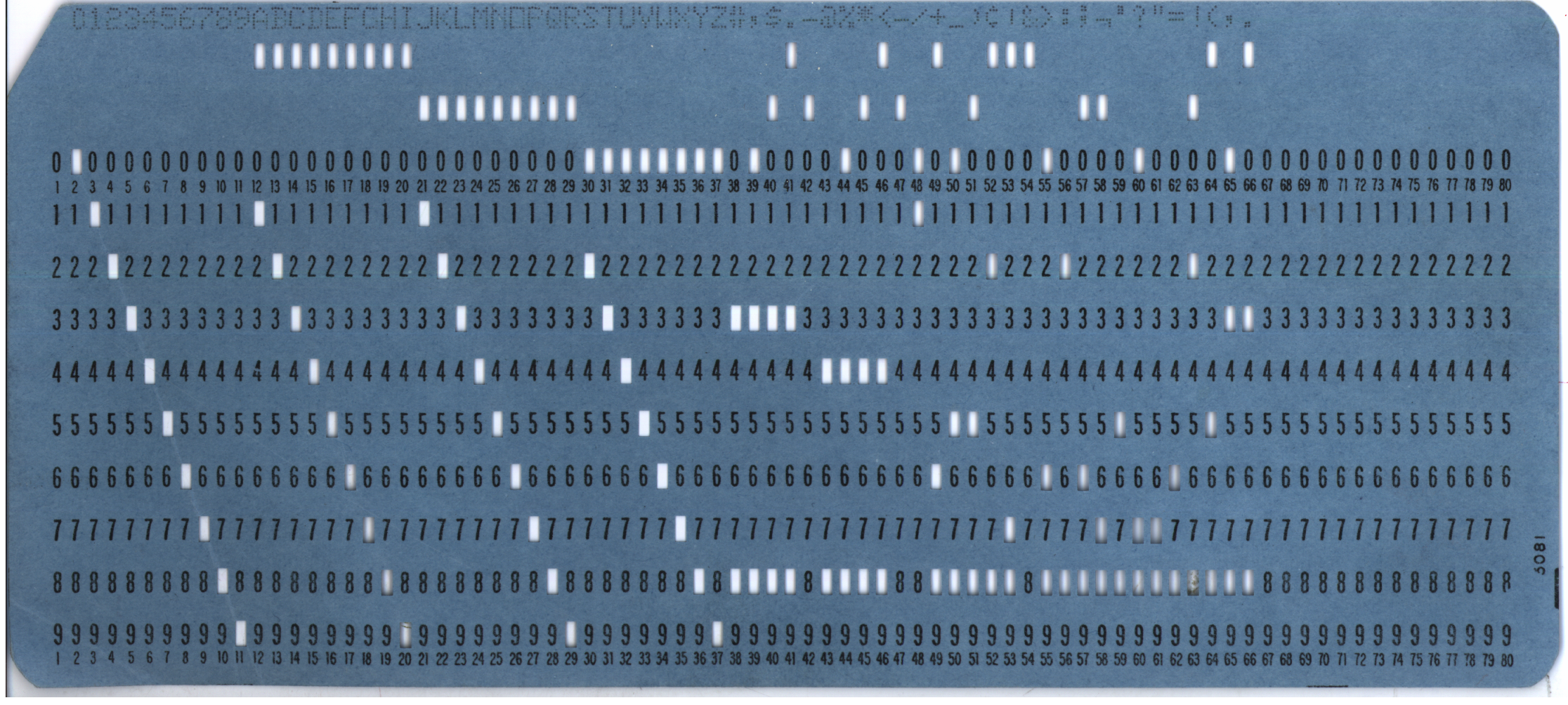MTH 655-9: Large Scale Scientific Computing with Data
http://math.oregonstate.edu/~mpesz/teaching/655_W19/
Class announcement MTH 655-9, Winter 2019.
Instructor:
Malgorzata Peszynska, mpesz@math.oregonstate.edu
Overview: Students will gain mathematical background and implementation skills for various algorithms ubiquitous in large scale scientific computing. The focus will be on solvers for coupled multiphysics systems, with multiscale and highly varying data. ("Multiphysics" refers to different physical phenomena coupled in the same domain or across interfaces. "Multiscale" refers to the coefficients which may vary by several orders of magnitude). Time permitting, we will introduce the basics of approximation of data in high dimensions. As in its previous editions, the class will be organized in modules, with majority set-up in a flipped classroom style.
Methods, algorithms, and assignments:
- We will discuss advanced iterative methods for linear systems of equations including multigrid, domain decomposition, preconditioners, saddle-point systems, and Schur complement. These are typically applied to systems of equations arising from the discretization of (partial) differential equations (PDEs), with special attention paid to the case of well separated eigenvalues, multiple scales, and interfaces.
- For nonlinear equations, we will discuss variants of Newton methods for fully-implicit systems including problems under constraints. We will start with small nonlinear systems arising, e.g., in GPS programming or thermodynamics. Next we move to discretizations of nonlinear PDE, and discuss semi-implicit and splitting approaches common in multiphysics.
- Students will analyze, implement, and test the algorithms within the theoretical framework. The ability to "translate" between MATLAB prototypes and C or C++, and/or python, and/or other languages of student’s preference will be developed.
- Some assignments will require work in Unix-based parallel and distributed environments, and with public domain libraries. The basic principles of parallel computing (MPI and OpenMP) will be developed as needed. (Students interested in more can exploit the connection to the concurrently run XSEDE course in Applications of Parallel Computing.)
- Time permitting, we will work with data and images which need approximation, upscaling, downscaling, smoothing, sharpening, or classification. Mathematical perspective of approximation theory and variational methods will be emphasized rather than heuristics or statistics.
Prerequisites: The pace will be appropriate for a graduate class, but well-prepared and motivated undergraduates are welcome. Solid background in linear algebra and differential equations, programming experience, as well as a strong interest in scientific computing are required. Prior or concurrent experience with the material in (some of) MTH 4/551-2-3 or similar courses is a plus but is not required. The students will be expected to grow in their theoretical as well as computational ability, and will be graded on the gradient of learning, assessed via homework projects. Please feel free to contact me with questions.
Other: Courses in the sequence MTH 654-655-656 can be taken independently of each other. Students who have taken MTH 655 in the past can register for MTH 659.



